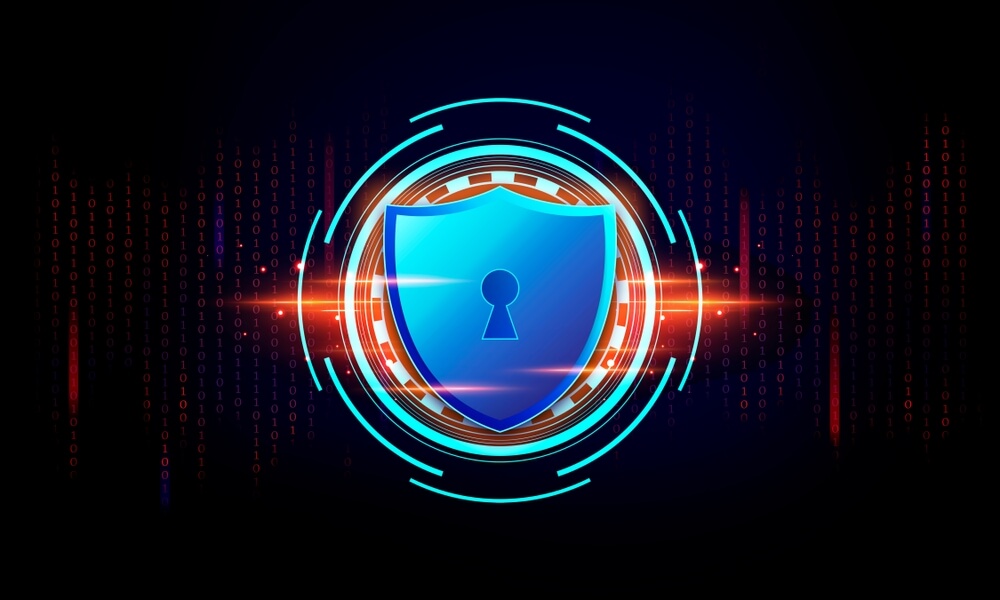
EXECUTIVE SUMMARY:
At Check Point, on AI Appreciation Day, we’re reflecting on the pivotal role of artificial intelligence in cyber security.
Although AI provides new capabilities for cyber criminals, as Check Point expert Keely Wilkins points out, “AI is just the mechanism used to commit the crime.” If AI didn’t exist, cyber criminals would find other means of augmenting their schemes.
Check Point and AI
At Check Point, we’ve integrated AI-powered solutions into our product suite, redefining proactive cyber security. Our algorithms can analyze billions of data points in real-time, identifying novel threats before they surface as substantive issues.
These types of predictive capabilities, and other AI-powered advantages, are not only technologically impressive, but they’re also critical in a world where cyber attacks are listed as a top 5 global risk and where the attacks are becoming significantly more complex everyday.
AI, cyber security and CXOs
For C-suite executives, embracing AI in cyber security is a strategic imperative. AI in cyber can increase protection for sensitive data, lead to cost efficiencies and strengthen operational resilience. In greater detail, here’s what we mean:
- Enhanced risk management. AI-powered cyber security solutions can zero in on potential vulnerabilities, predict threat vectors and prioritize threats based on potential impact. In turn, this empowers professionals to make more informed decisions regarding resource allocation and risk management approaches.
- Cost efficiency and ROI. While the initial investment in AI-driven cyber security may be a challenge, the long-term cost savings can justify the expense. AI can automate many routine security tasks. As a result, organizations can ‘close the talent gap’ while minimizing human error, and reducing breaches, which can come with huge financial penalties. CXOs can leverage the aforementioned cost efficiencies to prove the value of AI security investments and to demonstrate a clear ROI to the board.
- Compliance and regulatory adherence. AI can help organizations effectively maintain regulatory compliance. AI-powered cyber security systems can monitor for compliance violations, automate reporting processes and adapt to new regulatory rules.
- Operational resilience. As previously alluded to, AI-powered cyber security can respond to threats in real-time, allowing for threat containment before escalation occurs. AI-powered tools are also known for their abilities launch recovery processes on their own, providing unprecedented resilience capabilities.
AI and the human element
It’s easy to envision a business environment where AI accounts for all cyber security tasks, with limited work left for humans. However, at this point in time, as Check Point expert Keely Wilkins explains, “AI is [still just] a tool that the human at the helm uses to perform a task,” it’s not a panacea, and it won’t replace humans altogether.
For example, although AI can flag potential threats and anomalies, human experts are still required to interpret the findings within the broader context of an organization’s operations and risk profile.
The future of cyber security is one where AI enhances human capabilities. At Check Point, we’re committed to developing AI solutions that empower human experts. For insights into Check Point’s AI-powered, cloud-delivered security solutions, click here.
For additional AI insights from Cyber Talk, click here. Lastly, to receive cyber security thought leadership articles, groundbreaking research and emerging threat analyses each week, subscribe to the CyberTalk.org newsletter.
